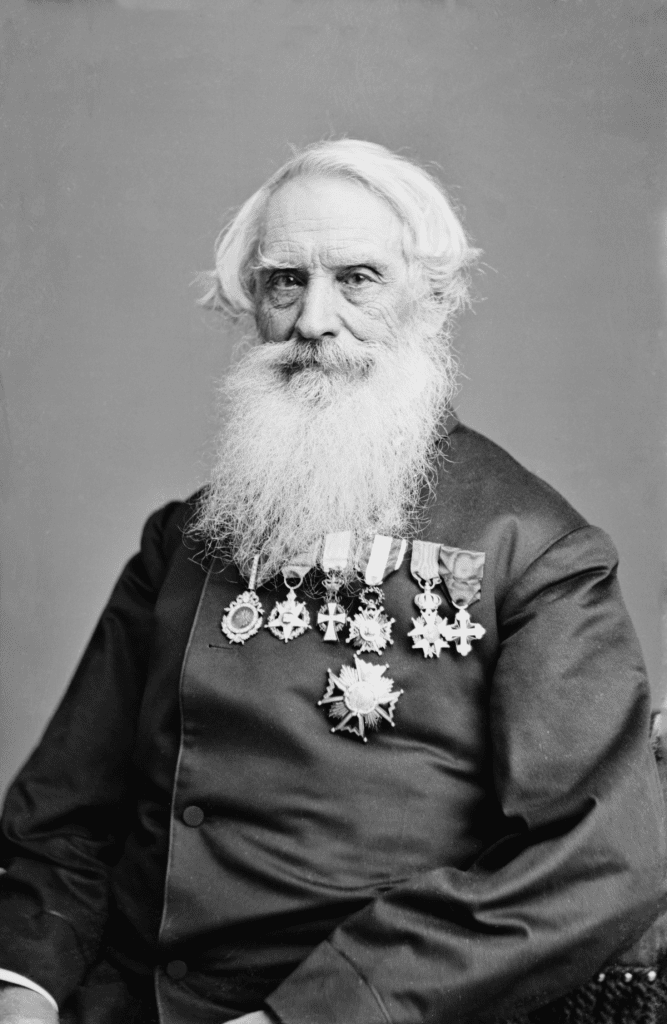In an age where we can send a message across the globe in seconds, it’s hard to imagine a time when communication moved at the speed of a horse. But for Samuel Morse, a moment of devastating loss in 1825 would forever transform how the world connects.
Before he became known as the father of the telegraph, Morse was an accomplished artist traveling and painting portraits to support his family. But it was during one of these trips, while working far from home in Washington, D.C., that tragedy struck.
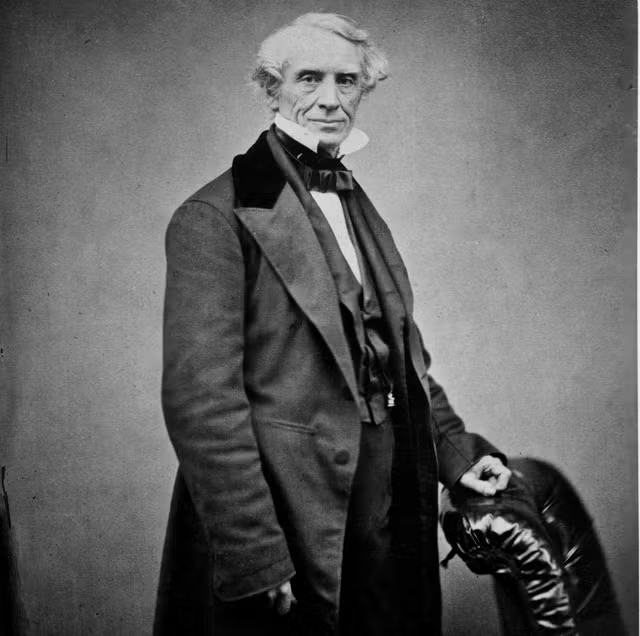
A Message Too Late
Morse received a letter that would change the course of his life: his beloved wife, Lucretia, had fallen gravely ill. By the time the message reached him and he made the journey back to New Haven, Connecticut, she had already passed away. Not only had he missed her final moments, but she had already been buried.
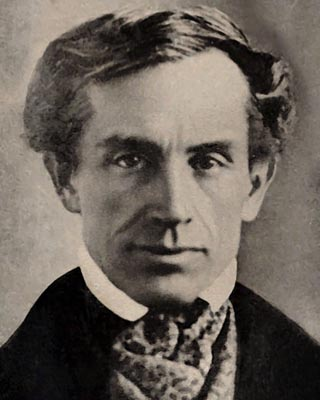
That gut-wrenching experience waiting days to learn life-altering news haunted Morse deeply. And it sparked a question that would drive his next chapter: Why must we wait so long for news that matters most?
Video:
Art and Science: Samuel F.B. Morse
A New Mission Born of Grief
In the wake of his personal loss, Morse became consumed by the idea of rapid long-distance communication. He wasn’t an inventor by trade he had no formal scientific training but his passion and vision were unshakable. He believed there had to be a better way for people to stay connected, no matter how far apart they were.
In the 1830s, Morse began developing a concept for a single-wire telegraph system. He partnered with Leonard Gale, a science professor, and Alfred Vail, a skilled machinist, to bring his vision to life. Together, they worked tirelessly, experimenting with electrical pulses and signals.
The result wasn’t just a mechanical deviceit was an entirely new language: Morse code, a system of dots and dashes that could be transmitted via electrical pulses and translated into letters and numbers.
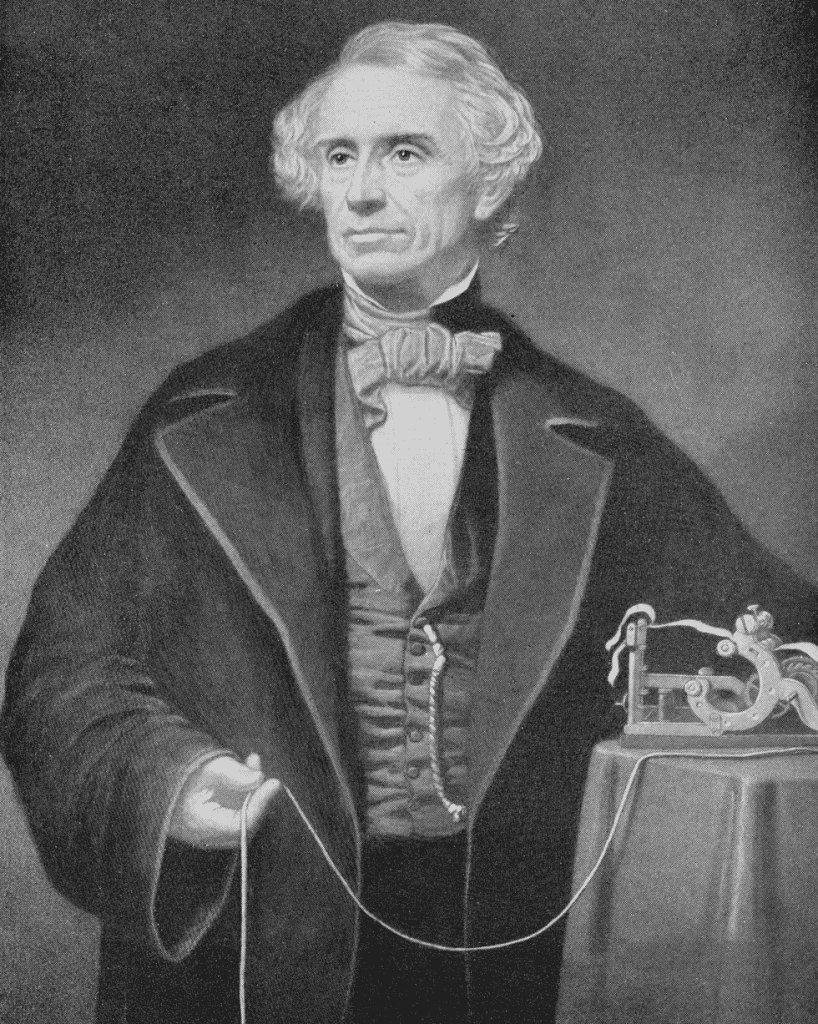
“What Hath God Wrought?”
In 1844, everything changed. Samuel Morse sent the first official long-distance telegraph message from the U.S. Capitol in Washington, D.C., to a railroad station in Baltimore. The words he chose, “What hath God wrought?,” weren’t just poetic they were prophetic.
The telegraph had arrived, and with it, the dawn of instant communication.
It was a moment that marked the beginning of a global transformation. Messages that once took days or weeks could now be transmitted in minutes. The world suddenly felt smaller, faster, and more connected.
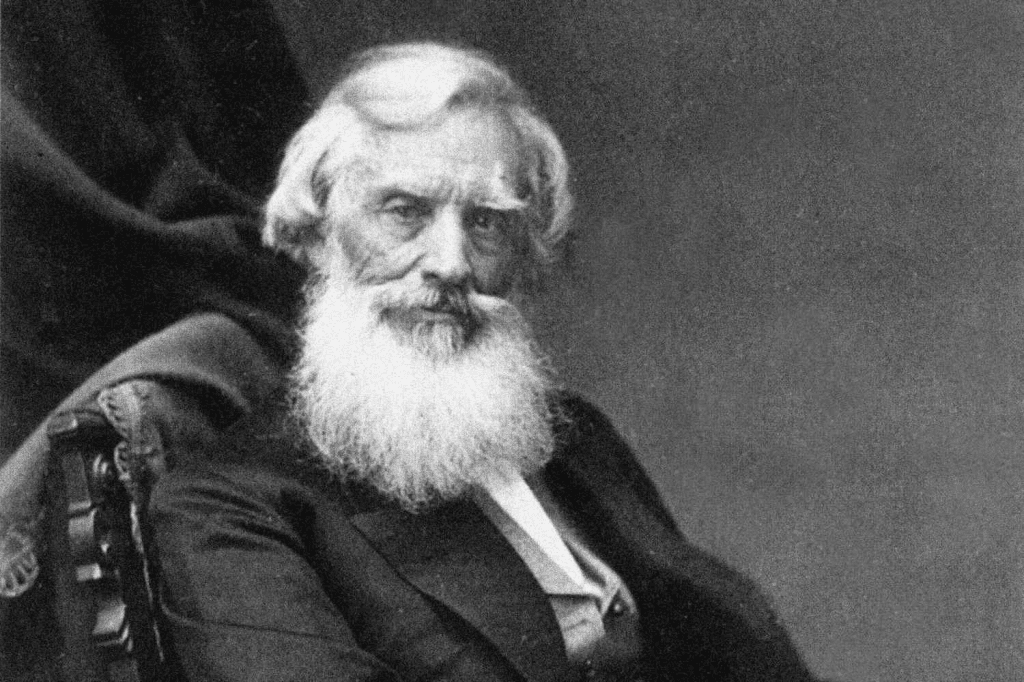
A Revolution Across Borders
The telegraph didn’t just improve personal communication it revolutionized business, journalism, politics, and even warfare. News could travel faster than ever. Markets became more efficient. Battles were influenced by real-time updates.
Video:
How Does Morse Code Work?
In just a few decades, networks of telegraph wires spanned continents and oceans, creating the first global communication infrastructure. The invention was, quite literally, the internet of its time.
And at the heart of it all stood a grieving husband who had simply wanted to say goodbye in time.
A Legacy Etched in Code
Samuel Morse’s invention is more than a technological milestone. It’s a story about human connection the pain of missing out, the power of innovation, and the drive to ensure others don’t suffer the same fate.
His life reminds us that sometimes the greatest advances come not from ambition alone, but from heartbreak transformed into purpose.
Today, as we text, email, and video chat with ease, we owe a quiet debt to the man who turned his grief into a gift for the world.
